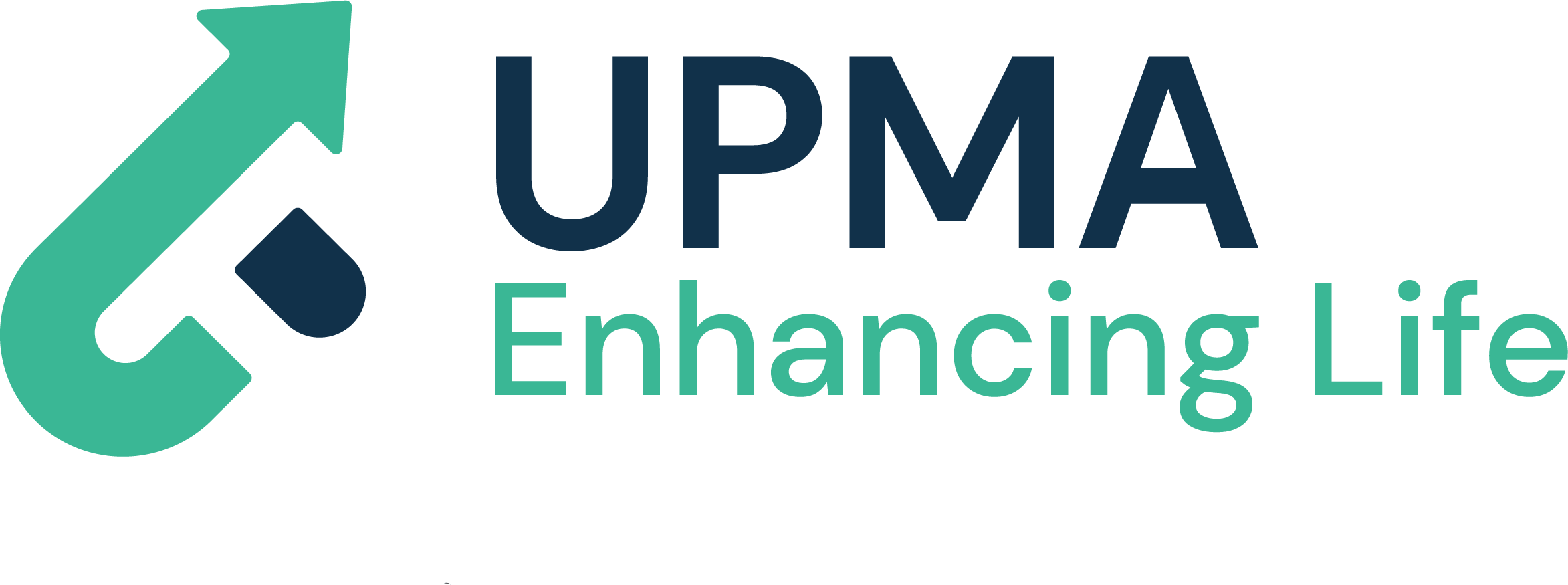Participatory development is a valuable approach which UPMA employs to involve its members and stakeholders in decision-making, project development, and collaborative initiatives. Here are ways we implement participatory development within UPMA.


1
Inclusive Governance:
- Encourage diverse representation in leadership roles, ensuring that various perspectives are considered.
- Hold regular meetings or forums to discuss goals, priorities, and strategies.
2
Member Surveys and Feedback:
- Conduct surveys and feedback sessions on association activities, priorities and areas for improvement.
- Use this feedback to shape the association’s program and initiatives.
3
Project Planning and Implementation:
- Involve members in the planning and execution of projects related to plant medicine research, conversation, or community engagement.
- Create project committees with member representation to ensure collective decision-making.
4
Collaborative Research:
- Encourage members to collaborate on research projects, sharing their expertise and resources.
- Providing grants and resources to support member-led research initiatives.
5
Ethical Guidelines Development:
- Collaboratively develop ethical guidelines for the responsible use of plant medicine, involving members with diverse backgrounds and expertise.
6
Community-Based Initiatives:
- Engage with local communities and indigenous groups in a participatory manner when implementing projects that impact them.
- Respect and incorporate their traditional knowledge and practices.
7
Educational Programs:
- Design educational programs to address their specific learning needs and interests.
- Encourage members to share their knowledge and experiences through workshops and webinars.
8
Advocacy Campaigns:
- Involve members in advocacy efforts by providing opportunities for them to contribute to policy recommendations and advocacy initiatives.
- Collaborate with members on campaigns related to plant medicine and environmental conservation.
9
Transparent Decision-Making:
- Communicate openly with members about association decisions, financial matters and project progress.
- Maintain transparency in governance and operations.
10
Feedback Loops:
- Establish mechanisms for continuous feedback and evaluation of projects, initiatives and association activities.
- Adapt strategies based on lesson learned and member input.
11
Scholarship Selection Process:
- Create a transparent and inclusive process for awarding scholarships, involving members in the review and selection committees.
12
Cultural Sensitivity and Inclusivity:
- Collaboratively develop ethical guidelines for the responsible use of plant medicine, involving members with diverse backgrounds and expertise.

















